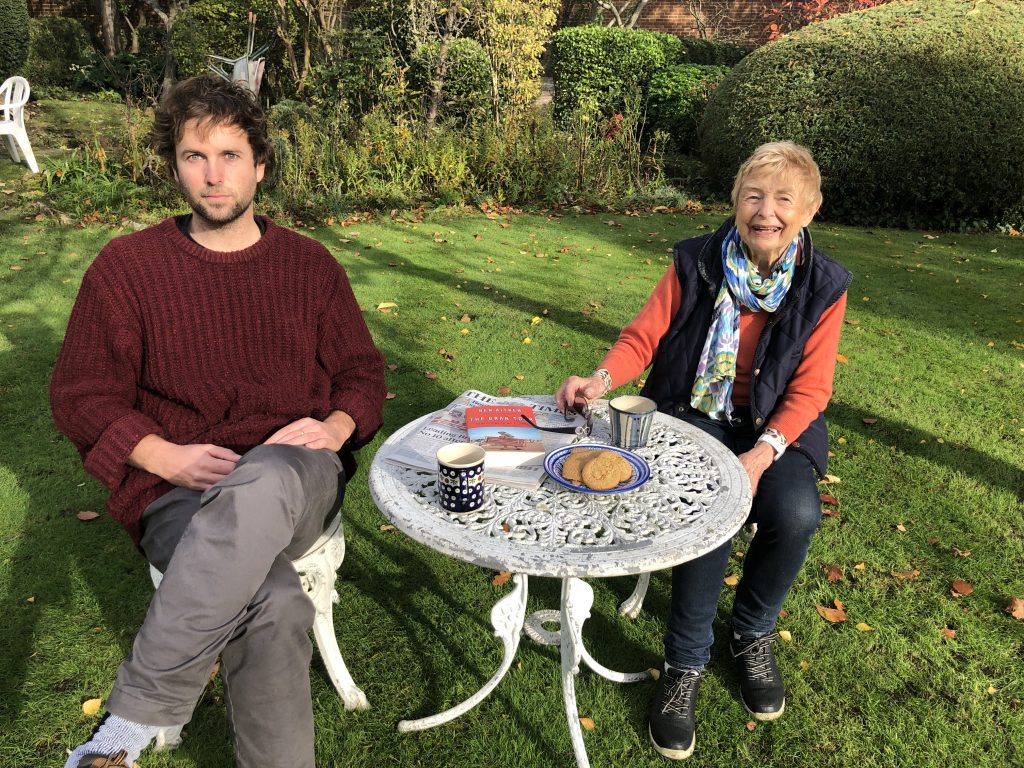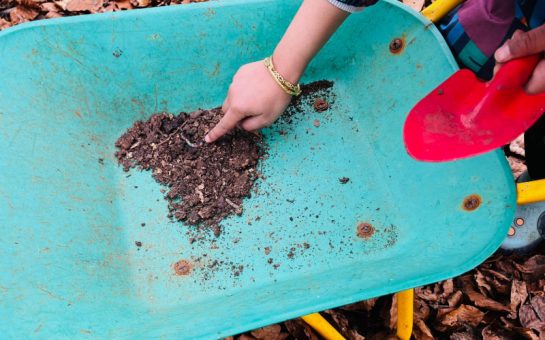Loneliness has been proven to have a negative impact on people’s physical well-being as well as mental health, with a study published in Sage Journals reporting loneliness increases your risk of death by 29%.
Moreover, in June 2020, the Office for National Statistics claimed 50.8% of 16–24-year-olds reported feeling lonely in the seven days prior to be surveyed.
One solution to help alleviate this loneliness as well as money concerns for people of all ages, is intergenerational living – where people of different ages live together to provide each other with companionship.
Robin Hewings, director of Campaign to End Loneliness said: “Young people have become lonelier and that is probably because we have been confined to our households and young people have most of their social life outside of their homes.
“There needs to be more services that try to find people who are lonely or might be struggling. It is valuable when you have connections across generations – it’s a positive innovation.
“The services and policies that work best aren’t about some poor person being helped, it’s about two people forming a genuine connection and partnership. Whether it’s befriending or social groups, they’re about that reciprocity.”
Share and Care Homeshare was established in 2006 to address a growing need for affordable and practical help.
The company matches people who need help to live independently within their own home with individuals who are looking for an affordable place to live and are happy to offer a certain level of companionship.
“We have the most wonderful sharers and they come from all different backgrounds. They’re all just so caring and genuinely kind-hearted people, really altruistic,” said Caroline Cooke, the company’s director.
Cooke was inspired to find an alternative to professional carers when her father was diagnosed with dementia and she saw how much her mother was struggling alone.
The team work to match suitable companions who will be more like a helpful friend than a carer.
“It’s like doing a very complicated jigsaw puzzle, we’re professional match makers,” Cooke added.
The homeshare offers help to elderly people, families and young people with disabilities across the UK.
It involves bringing together two people with different needs, both of whom have something to offer to each other and similar interests so that genuine friendships can form.
There are often cases where extra support is needed but this need not be professional or specialised.
The pandemic highlighted how invaluable it was having sharers live with old people as they were able to set up routines and help keep the householder connected with their family through zoom calls.
The benefit of intergenerational living is that both the householder and the sharer get something out of it.

Ben Aitken, a 35-year-old travel writer, moved in with Wendy, 84, in November just before the second lockdown.
Aitken had recently written a book called The Gran Tour: Travels With My Elders, where he went on six package coach holidays with people twice and thrice his age.
He was not deterred at the thought of living with someone half a century older than him, however, neither of them had anticipated six months of lockdown together.
“We got through the winter together. I’ve never watched so much daytime television, done so many crosswords or eaten so many casseroles,” said Aitken.
Share and Care Homeshare require that sharers spend around 15 hours a week together but Aitken said the hours go out of the window and it is more spontaneous.
He added: “We tend to collide most at breakfast because she has a long breakfast, she makes her own marmalade and will often read the paper aloud to me and that’s a nice hour of the day.
“I have a couple of coffees and she has a pot of tea. Almost without any effort or formality, that’s when we do a lot of sharing and talking.
“We’re next to the garden and we’re spotting the parakeets and the various birds. It’s a nice time of the day and it seems to be when we bond.”
Another householder, who suffers from dementia, struggled with lockdown because it prevented her from doing the things she loved and left her unable to see her friends and family or carry out her volunteer work.
The young sharer she lived with decided to find an activity that would make their walks purposeful, so they collected some sticks and began clearing litter up from the common near to where they live.
Strangers would often come over to say hello as they went about their task.
Since the easing of lockdown they’ve bought some litter collectors and the householder’s granddaughter made them matching pink vests.
“These sharers have gone the extra mile, they’ve been amazing,” said Cooke.
Featured image: Share and Care Homeshare




